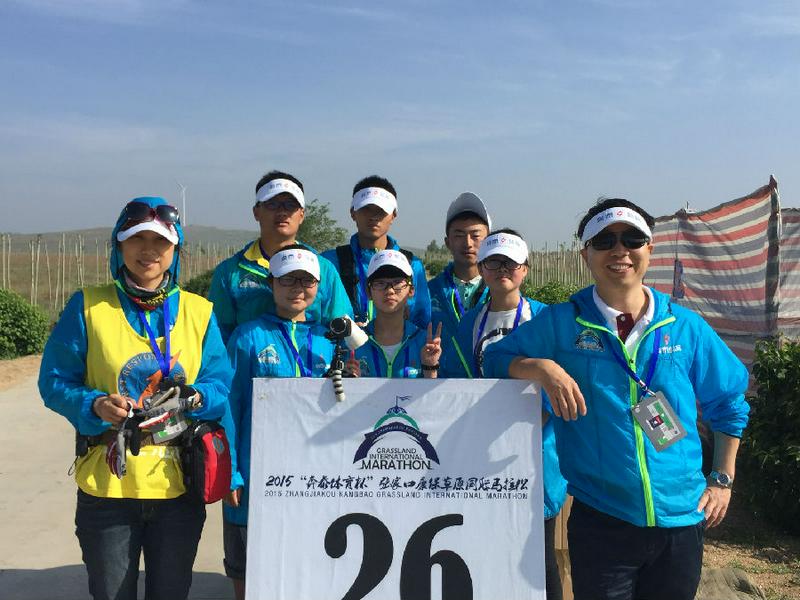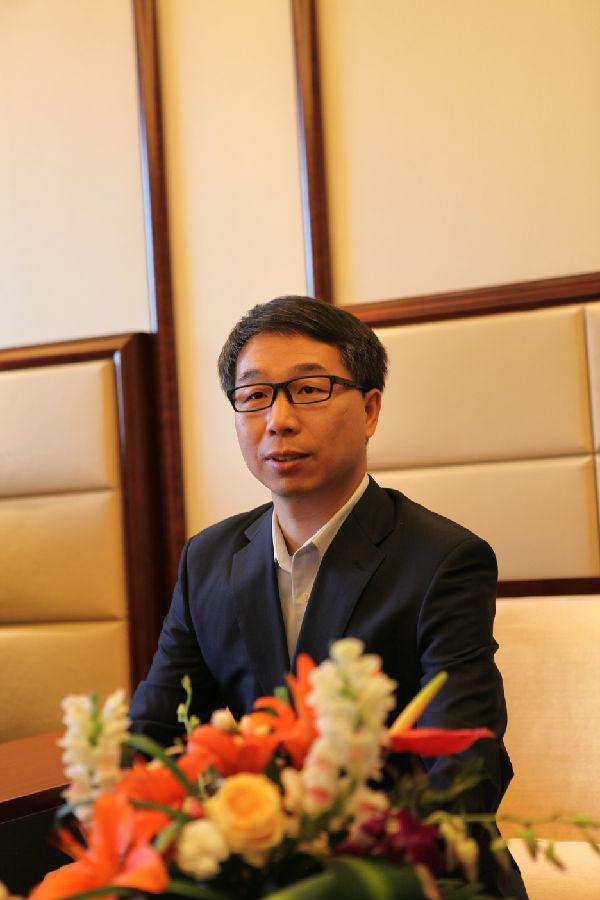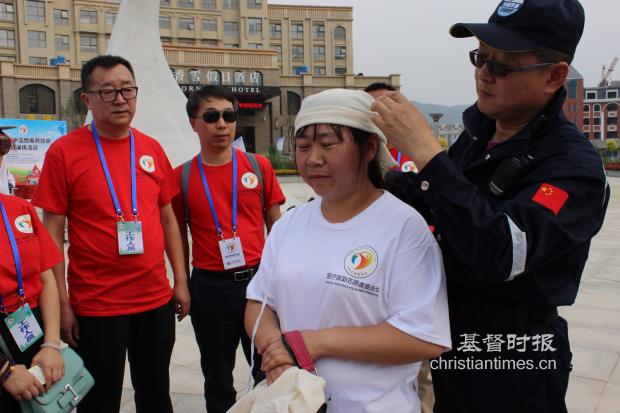On January 8, 2018, China's Ministry of Civil Affairs issued "The Opinion on Ministry of Civil Affairs' Fostering and Developing Community Social Organizations". The Opinion says that every urban community should have no fewer than ten social organizations and every rural community at least five by 2020, and the administration system for community social organizations will be improved in the next five to ten years.
As the past dozen years has seen social development and the transformed role of government, there is a greater need for social organizations. Meanwhile, the government encourages the religious community to take a part in philanthropy and charities.
How should the Chinese church and Christians engage in the trend of boosting community social organizations?
Feng Lifeng, a Christian philanthropist, shared his views.
The former Buddhist converted to Christianity because God healed his son who suffered from nightmares for two years. Some months after his conversion, he felt a call to medical assistance. In response, Feng immediately put down his work in Australia and became the head of the Medical Assistance Volunteer Committee of China Volunteer Association.
Regarding the Opinion issued by the Ministry of Civil Affairs, Feng stated that the document showed that the Chinese government paid attention to social organization development by proposing detailed goals and measures. "In China, being a Christian is a special identity. However, we are citizens first and city dwellers and residents. Out of any identity, we should participate in community social services." He said.
Feng suggested Christians join in voluntary services proposed in the Opinion, like ones covering family, health, elderly care, and childcare. We could provide life care, entertainment, and health care to people entitled to basic living allowances, extremely poor residents, empty nesters, rural left-behind people, children living in difficulty, and the disabled in the community. In a broader sense, there was no bottleneck for Christians to get involved in or even found social organizations. The voluntary service area he worked in has a low threshold and is open to students and adults. "It's not hard to spare one day every year. Except Bible studies and worship services, our Christian group can do social service as fellowship. Through social service we can be a real light and salt in the society to glorify God."
Talking about the Opinion's rule that forbids dispersing religious belief in philanthropic activities, Feng agreed with the regulation. Since China is a country of all nationalities and religions mixed with feudal superstition, idolatry must be rampant and arouse social chaos without control. He said that God would make a way and guard us when we do community service in accordance with His commandments of loving God and neighbors as ourselves.
In addition, we should treat our service beneficiaries and partners according to the Biblical teaching that tells us to act with peace, perseverance, and grace. When we obey the Biblical teaching, we experience grace and blessings. Most of the government workers don't know God and regard the Christian faith like other religions. Due to the historical background, a portion of them rejected Christianity. But these factors were not obstacles to evangelism in his eyes.
He claimed that spreading the Gospel was the Holy Spirit's work beforehand. Led by the Spirit, Christians worked with God. Since the Gospel was introduced into China, the society had turned from feudalism to semi-feudalism to the present socialism. Despite great changes in external environments, the number of Christians skyrocketed beyond expectations and will continue to increase. This reflects the power of God. People won't accept the Gospel without the work of God.
Therefore, Christians should have heavenly wisdom, especially subject to the guidance of the Spirit, and enthusiasm to share the gospel. Besides, another approach is to use our lives to influence other people. For example, foreign missionaries established schools and hospitals to reach all people and regarded the needed with Christ's love in the last century.
When he started his voluntary service, he was a new believer, passionately preaching to anyone he saw, including officials. But it turned out to be ineffective and bring about some negative effects. He was informally banned from preaching the Bible in inappropriate settings. He prayed for this then the Spirit told him to obey the authority. He followed the word and a miracle happened.
After some time, some people, seeing him different, asked him to talk about the Bible and expose his Christian identity to other people. Since then, he didn't evade mentioning his faith anymore and even share his religion of his initiative. Gradually God brought some persons to him and he led them to the Lord.
Further, he shared his experience in social service and charities. The Medical Assistance Volunteer Committee has provided service to dozens of international and national games sponsored by the National Paralympic Committee of China, influencing thousands of people. Their volunteers were Christians and non-Christians, varying from students to people with different jobs. People who lived far apart from each other formed a temporary team and knew each other. They even became good friends and kept in contact after the voluntary activity. Under such condition, some of them knew Jesus and became Christians.
He encouraged everyone to seize charity opportunities to live out the likeness of Christ.
He added that his church in Australia was active in social service. It has a fellowship that serves the middle-aged and the aged, open to communities. The fellowship members lead participants in learning worship or praise rhythmic gymnastics, singing hymns, and doing handwork. An hour was arranged in-between to watch faith-motivational videos, discuss faith-related topics, and share testimonies. A newly launched ministry was to offer parenting activities and lectures to guide children of young parents in the Bible and Jesus. Meanwhile, some videos were shown to their parents.
Moreover, he said that an individual had a lower threshold to join in voluntary services, but a team had to be professional. An important lesson he learned was that his teams had members who obtained necessary certificates.
- Translated by Karen Luo














